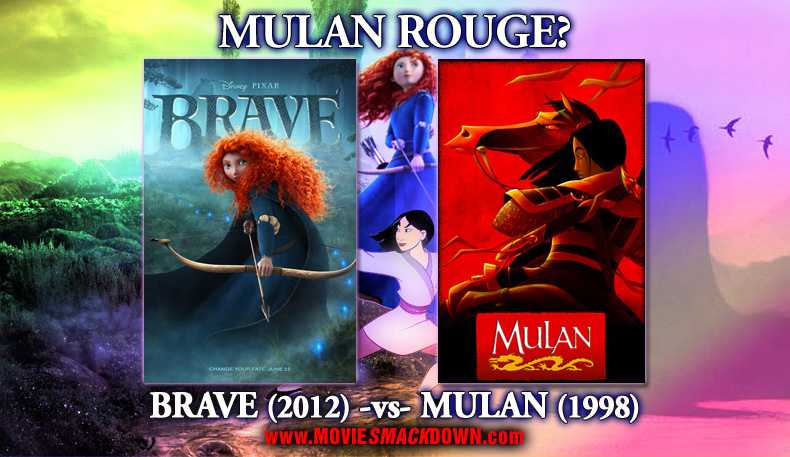
The Smackdown
Once upon a time, animated princess movies were populated by passive heroines waiting to be rescued by noble but bland princes. Disney has made strides toward addressing this anachronism, giving us, among other notable efforts, Mulan (1998), which features a different kind of female lead, one whose strength, cleverness and courage — not her looks or brawny boyfriend — save the day. Of course, the company has long relied on female protagonists of every stripe, dating back to its first animated feature, Snow White, and running the gamut through Bambi, Cinderella, The Little Mermaid, and on and on. Rival studio Pixar, on the other hand, has never featured a girl or woman in a lead role — until now.
In its new release, Brave, Pixar gives us Merida, a heroine who, like some of her recent Disney forbears, is also courageous, strong and clever, and who doesn’t need a man to fight her battles. But is this new Brave heroine something original, or is she just a pink-cheeked, redheaded version of her Asian Disney predecessor — a sort of Mulan Rouge?
It’s a fight between plucky princesses and only one can rule this Smackdown kingdom.
The Challenger
As a wee child, Scottish Princess Merida (voiced by Boardwalk Empire’s Kelly MacDonald) is given a bow and arrow for her birthday by her hulking father King Fergus (Billy Connolly), much to the disapproval of her mother Queen Elinor (Emma Thompson). Ladies most certainly do not use weapons in Elinor’s world, and the queen intends for her daughter to be the most proper of ladies. This propriety is tested moments later, when the birthday party is interrupted by a bear attack, which leaves King Fergus with a knobby peg leg.
Years later, Fergus has dedicated his life to finding and defeating the creature who took his leg. Merida, now a young woman, has become a skilled archer, much to Queen Elinor’s chagrin. Things come to a head when Elinor informs Merida that it’s time for her to marry one of the princes from neighboring kingdoms to preserve the land’s tenuous peace. The buffoonish princes come to compete for her hand, but Merida has no intention of marrying any of them. Instead, she runs away to the woods where she encounters a will-o’-the-wisp, a fairy-like creature that’s supposed to guide her to her destiny — in this case, the home of a crafty old witch (Julie Walters).
Merida has apparently never before read a fairy tale (or seen a Disney movie), so she begs the witch for a spell that will change her mother and so change Merida’s fate. The spell does indeed change Queen Elinor — into a giant black bear, the very creature that drives her peg-legged husband into a terror. Merida must use all her resources and wiles to undo the spell before it’s too late.
The Defending Champion
Based on a 2,000-year-old Chinese legend, Mulan tells the story of a gawky teenage girl who wants desperately to bring honor to her family. After a disastrous interview with the matchmaker, this looks like an impossibility. Things deteriorate when the Huns invade China and the Emperor decrees that one man from every family must join the army. To save her aging father from military service, Mulan (voiced by Ming-Na) joins the army in his place — chopping off her hair and masquerading as a boy named Ping.
With the help of her mythical guardian, a wisecracking but inept dragon named Mushu (Eddie Murphy), she manages to conceal her gender while winning the respect of her peers. After a few bad starts, Mulan finally proves herself to be a persistent and clever fighter whose bravery and smarts save the life of her regiment and handsome captain, Le Shang (B.D Wong). Nevertheless, when her true identity is revealed, she is thrown out of the army in disgrace and must use all her cunning and courage to save the day once again, but this time as herself.
The Scorecard
Both Mulan and Brave offer up stories that are quite simple and accessible, and characters who are engaging and entirely relatable. Mulan is an awkward teenager who wants to impress her family and prove she is worthy of their respect. Merida just wants her mother to listen to her, to understand that she’s not the girl her mother wants her to be, that she wants to be in charge of her own destiny. Many people — particularly strong-willed mothers and daughters — will be able to relate to the plight of both girls. But while Mulan is a standard good-triumphs-over-evil tale, Brave is more original. Instead of traditional Disney romance, it focuses more on family dynamics. There is no doubt Merida and her proper, queenly mother love each other, but just as mothers and daughters have throughout history, they drive each other nuts. Queen Elinor can’t understand why Merida won’t grow up and accept her royal responsibilities, and tomboy Merida — who longs to ride and hunt like her gregarious father — can’t understand why her mum won’t just leave her to it. When Merida’s ill-fated wish turns Queen Elinor into a bear, it ironically helps Merida relate to her mother more as a person.
Brave also boasts a cast of impressive vocal talent. Kelly MacDonald brings heart to the spirited Merida, who is as unruly as her wild mane of red hair. Emma Thompson infuses Queen Elinor with a warmth she might have been lacking in a less qualified actress’s hands. She is entirely sympathetic as the regal and dignified, yet exasperated queen. Billy Connolly and Julie Walters perform admirably as the jovial King Fergus and the wizened old witch, and several supporting players also make an impact. The cast of Mulan comes up short in this department. While Ming Na does a good job as Mulan, she is surrounded by a group of characters who are mostly forgettable and clichéd. Eddie Murphy is very funny as the fast-talking dragon Mushu, but his contemporary ramblings are jarring in the context of ancient China.
Mulan does provide some appealing visuals — the Huns’ charge down the mountain was particularly impressive for 1998 — and some beautiful landscapes, but they seem washed out in comparison to the more fully realized magical Scottish landscape of Brave. Composer Patrick Doyle provides Brave with a sweeping score that deftly weaves together all the film’s action, heart and humor. Three original songs skillfully mix together the classical and contemporary sounds of Scotland. Despite being a musical, Mulan’s undistinguished songs add little to the story, and the score feels dated with its heavy use of synthesizers.
In Brave, the gorgeous Scottish Highlands and the expertly rendered costumes give viewers a real sense of time and place, whereas it’s hard to tell where and when Mulan is set. No one seems particularly Chinese, particularly Murphy’s jive-talking dragon. Most of the costumes look more like something out of a Japanese anime. Indeed, most of Asian culture seems to be reduced to kimono-clad worshippers praying to cartoonish ancestors, and the social problems presented involve only issues of honor.
The Decision
Both Mulan and Brave are respectable attempts at creating alternative role models for girls who don’t buy into the pink princess culture, but Brave provides deeper characters, better humor and more stunning visuals. Kudos to Disney for busting open the doors for little girls who want more choices in life, but in this battle, if you’re looking for family-friendly viewing for the princess (or prince) in your life, it is Pixar’s Brave whose arrow strikes closest to the bull’s-eye.


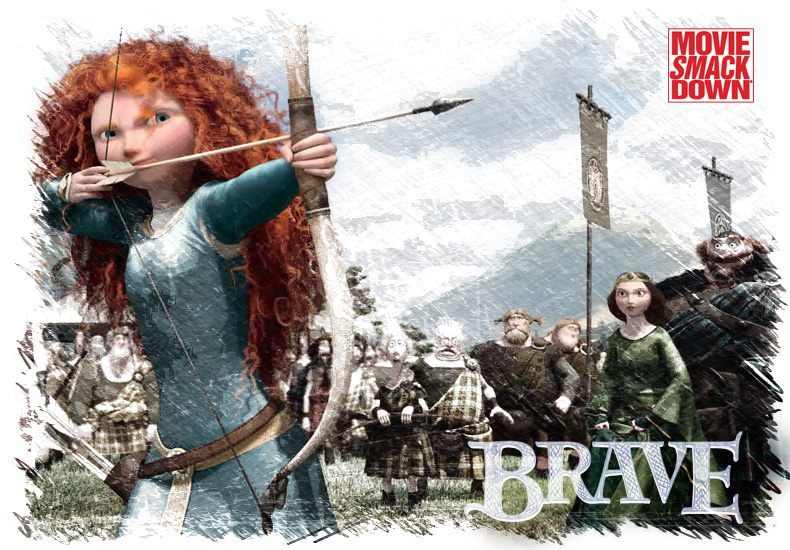
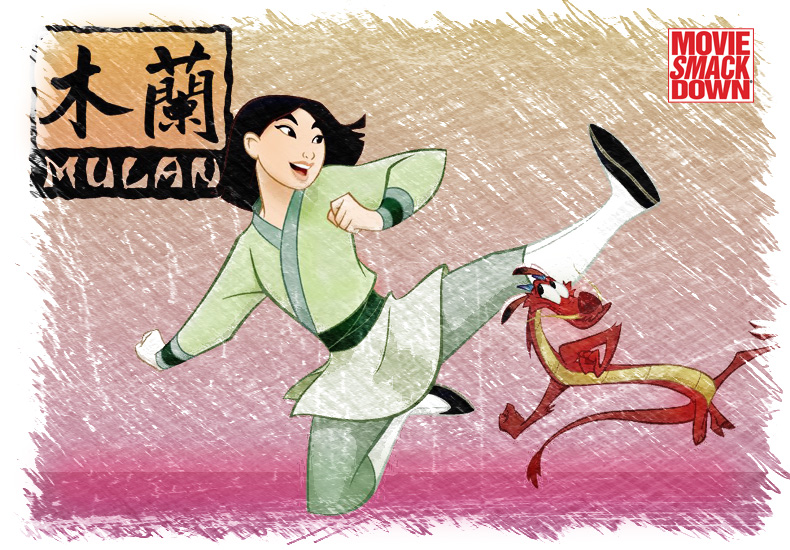


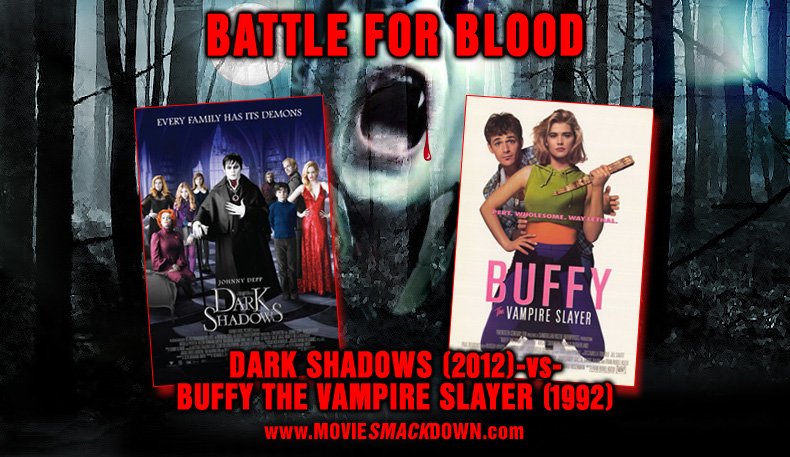
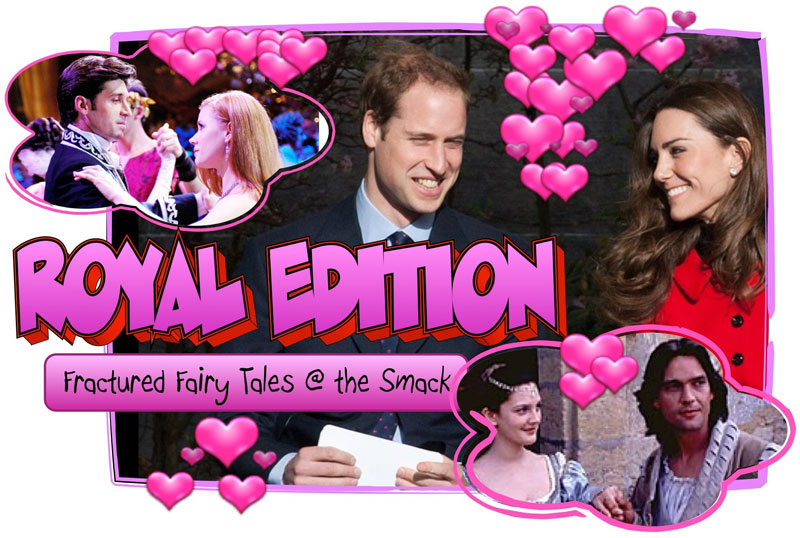
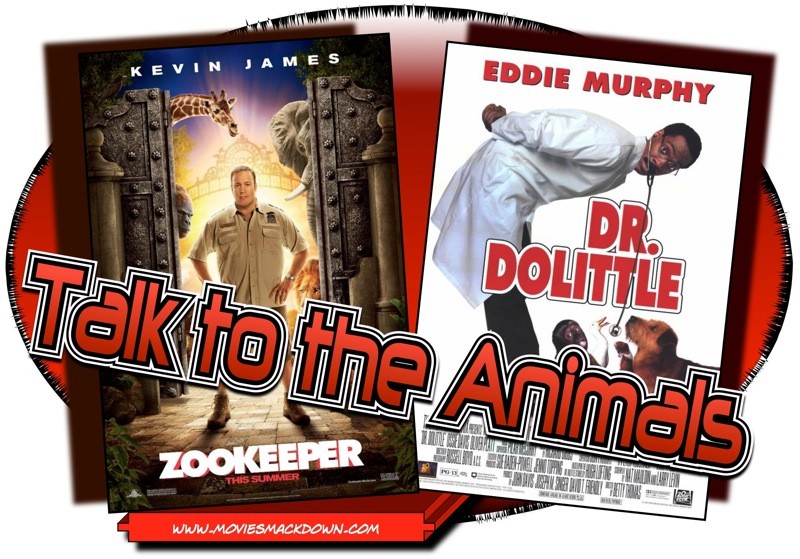
I find Mulan being sided with feminism is an insult to feminism…Yes, Mulan maybe a young woman who leads China to victory using her quick wit, pride, and a strong sense of family honor—all while masquerading as a man named Ping, it still boils down to just another woman looking for a man. Mulan’s real victory isn’t saving her country from invasion. No, it’s marrying Shang, that egotistical brute who loves his ego more than admire a girl that can out do him in battle…Heck, he even threatens to kill her upon learning Ping is really a girl…BRAVE, for me is the best example of feminism…it’s not about girl, craving for a man much like most Disney princesses are all about, but a young lass (Merida) bent on to change her fate.
You need to watch the Mulan & Brave w/o feminist tinted glasses. Shang didn’t threaten to kill her. It was law to kill women who impersonated soldiers (as was all but outright said by her father). He spared her life in return for saving his. And when did she marry Shang? Certainly not in the first. And it’s pretty clear her biggest victory was saving China. The only issue I have is she should have said she accepted the position offered but wished to visit home (which I thought was what she did anyway).
Brave is an example of trying to tell a feministic story and not reaching that goal. Just because she tries to poison her mother doesn’t make her a strong female character. If anything, just the opposite. And is it any wonder, beyond fearing she’s not ready, that she doesn’t want to marry given her choice of suitors? While I got a laugh, they aren’t exactly marriage material. She would have been the better character had she refused men worthy of lifelong commiment.
Btw, most Disney princesses don’t crave men. They just end up with one.
The film festival takes place in the Midlands region of England and they call for submissions in June.
“Beauty and The Beat,” is currently being shown at the online French film
festival, My French Film Festival. Anybody who comes
to France to learn will most definitely end up pleased by
the experience.
Stop by my blog :: https://www.facebook.com/pages/DragonVale-Hack-and-Cheat-for-IphoneAndroidIpad-and-Ipod/1490006347926659
“Most of the costumes look more like something out of a Japanese anime. Indeed, most of Asian culture seems to be reduced to kimono-clad worshippers praying to cartoonish ancestors”
Jesus Christ, is this writer kidding? She obviously did zero research and knows absolutely nothing about Asian culture. The costumes they are wearing in Mulan are the original traditional Chinese costumes known as the “hanfu” – Japanese kimonos were actually copied from them.
This is a great article, though I don’t completely agree with it.
The point is that Mulan is selfless, loves her family and sacrifices her life for them. In front of her, Merida seems pretty selfish, as she wants to change her own fate.
I guess Mulan is a better role model, and lets not forget that it was made more than a decade before Brave, when things were not this developed.
Plus, people really seem to love Mulan more.
~Sarah 🙂
I find some of your reasoning incredibly lacking. Mulan was a pioneer movie just like Brave. However Brave has the better developed characters, setting, and music BECAUSE these are problems that audiences have asked Disney/Pixar to elaborate in their past movies such as Mulan, Cinderella, etc. Look at Snow White (very first Disney princess) : there was virtuously no character dynamic. But as Disney movies and technology have progressed they have gradually improving on their fairytales.
Mulan is my all time favourite film and has been since I was young. To me represents she represents female empowerment and her reason for joining the war is heartrendingly sad, as well as considerate. I like the film Brave; its a good film to watch with your mother on Mother’s Day since the film is centered largely on the relationship between the mother and daughter; but for me I found it lacked a little something, something I found in Mulan. Merida was brave right from the beginning; she knew what she wanted and was determined to get it. Mulan, on the other hand, although clever and bright didn’t have conviction from the start; she wasn’t always so brave and even during the course of the film, when they were getting closer to battle she was still scared but she overcame that fear to do what she believed right. In this sense Mulan relates better to ordinary children – and teenagers, heck, even adults – since they don’t always have the courage Merida does to fight for what they want and believe and Mulan helps us to believe that even though we are scared witless we can still achieve things if we try hard enough.
I think that’s a very good point, Emily. I hadn’t actually looked at it that way.
LOL, i originally thought I was seeing the same movie, with the exception of how the father appreciated the daughter. Which, clearly Merida’s father is proud, Mulan’s father is disappointed. Now, I see that my question was more than just an amusing rambling thought, but something others have taken serious. Great points. All of you.
It’s Mulan all the way for me! Among other things, I’d argue that that film takes more risks with a female heroine than Brave does.
Plus, it has Yao, KING OF THE ROCK!
How about some “alternative role models” for little boys that are as positive as Mulan and Brave? In other words, not gay marriage, not NBA stars, not cheating politicians… you get the idea.
*Proceeds to name every male superhero ever made
Princes Eric and Philip make excellent role models as do Hercules and Phoebus. For less traditional, you have Wreck-it Ralph, Hiro, and Milo (Atlantis).